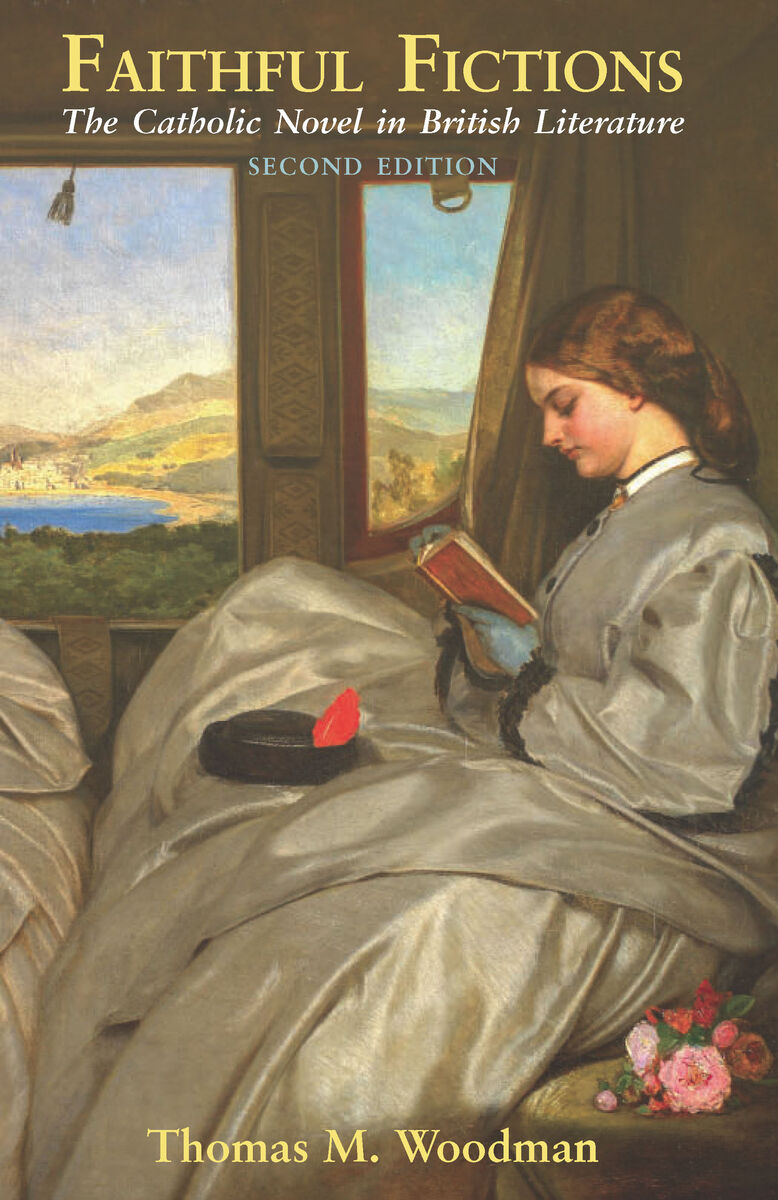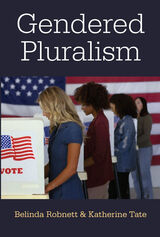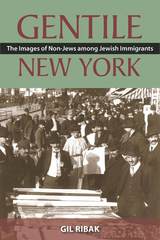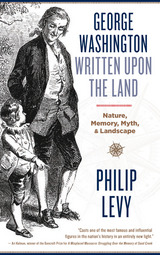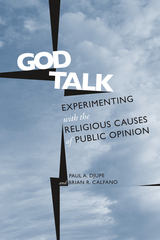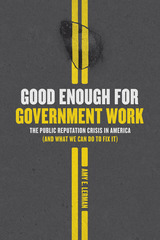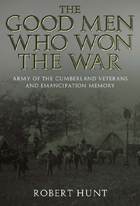Faithful Fictions: The Catholic Novel in British Literature
Catholic University of America Press, 2022
eISBN: 978-0-8132-3565-3 | Paper: 978-0-8132-3564-6
Dewey Decimal Classification 823.009921282
eISBN: 978-0-8132-3565-3 | Paper: 978-0-8132-3564-6
Dewey Decimal Classification 823.009921282
ABOUT THIS BOOK | TOC
ABOUT THIS BOOK
Catholic writers have made a rich contribution to British fiction, despite their minority status. Evelyn Waugh, Graham Greene, and Muriel Spark are well-known examples, but there are many other significant novelists whose work has a Catholic aspect. This is the first book to survey the whole range of this material and examine whether valid generalizations can be made about it. In charting such fiction from its development in the Victorian period through to the work of contemporaries such as David Lodge, the author analyses its complex relationships with changes in British society and the international Church. There is more than one way of being a Catholic, as Woodman shows, but he also demosntrates that many of these writers share common themes and a distinctive perspective. They often wish in particular to use their religion as a weapon against what they portray as a complacent Protestant or secular society. Their consciousness of writing in the midst of such a society gives a special edge to their treatments of the perennial Catholic themes of suffering, sin and sex. It also has implications for literary form and relates to what has been seen as the extremist mode of Catholic fiction. The final question that Woodman puts is whether the changes in the Church since the Second Vatican Council must inevitably lead to the loss of this distinctive Catholic contribution to the novel.
See other books on: Catholic authors | Catholics | English fiction | Theology in literature | World Literature
See other titles from Catholic University of America Press
